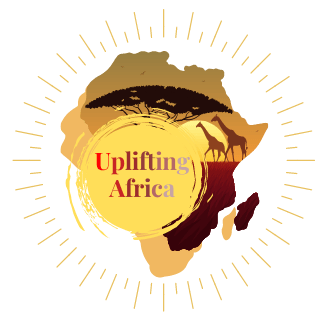West Africa
West Africa contains several influential countries on the global stage, most notably states like Nigeria, Ghana, and Senegal. This broad territory of Africa has been at the center of the development of civilization. It is situated at the crossroads of important trade networks, connecting Europe, North Africa, and South Africa. The geographical location of West Africa has meant that it has often served as the nexus for the intersection and locus of meeting of several cultures, economies, and societies. Crucially, this meant that West Africa was poised to benefit from its favorable location, serving as the conduit of trade between separate regions. For instance, trade from Arab-dominated North Africa and specialized goods such as gold and ivory would be transported through West Africa. However, the rich kingdoms of West Africa also attracted the unwarranted attention of Europeans, who would launch incursions into the region to capture native Africans and involve them in the slave trade. Additionally, West Africa was the object of European colonial projects. In particular, the Berlin Conference of 1884-1885 was planned to divide the territory of West Africa under the sphere and influence of European powers. In many ways, the legacy of colonialism still resonates in West Africa and throughout Africa as a whole.
West Africa also has a stunning variety of biodiversity. Similarly, to other regions in Africa, it is bounded by the largest desert on the planet, the Sahara Desert, which occupies large swathes of territory within the states of Mali, Mauritania, and Niger. The Sahara Desert is important in this respect because it provides dry winds during the Harmattan, which is a period of dry and dusty weather that encompasses West Africa. A more humid climate prevails in the southern portion of West Africa allowing for the possibility for seasonal monsoons. As a result, West Africa, while on the one hand shares regions of the Sahara Desert, also contains rich, tropical forests. However, these are increasingly endangered due to ever-increasing economic pressure to exploit natural resources.

NEWS & ANALYSIS ON WEST AFRICA









